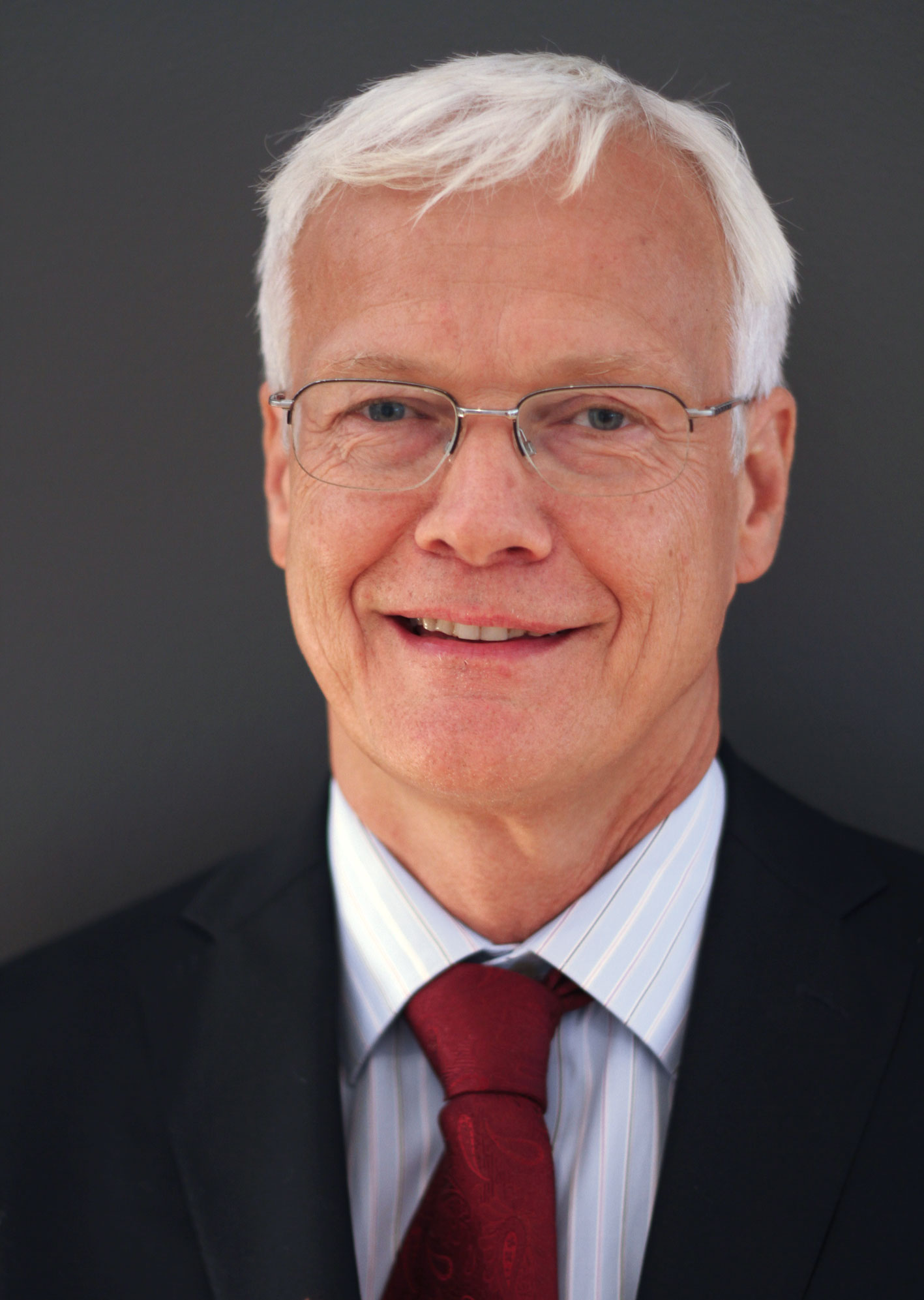Verrica Pharmaceuticals’ oncolytic peptide that could help eliminate or ease the burden of surgery in basal cell carcinoma has shown signs of efficacy in a mid-phase study.
In a secondary endpoint in a 92-patient Phase 2 trial, 51% of basal cell carcinoma lesions dosed with Verrica’s VP-315 saw complete histologic clearance with no residual cells. The lesions that didn’t clear saw their size reduce by 71%, according to interim data from the open-label trial.
But the company’s share price $VRCA plummeted by as much as 30% on Wednesday. The standard of care for basal cell carcinoma is excision with surgery, which has a 95% histological clearance rate.
According to an AlphaSense transcript, the company told investors during its second-quarter earnings call on Wednesday that it believes VP-315 has the potential to act as a “step in between” diagnosis of basal cell carcinoma and surgery.
 Øystein Rekdal
Øystein RekdalVP-315 can also be a non-surgical alternative. “With the 51% complete reduction obtained with [VP-315], there is no need for surgery,” Lytix CEO Øystein Rekdal told Endpoints News in an interview. As for the rest of the lesions that do need surgery, their reduced size means less scarring and fewer surgical complications, he added.
Surgery leaves scarring and comes with a risk of infection, bleeding and pain, Verrica said. VP-315 is directly injected into the skin cancer.
In the Phase 2, the candidate was well-tolerated with most side effects being mild to moderate skin-related events, Verrica said. It expects to have immune response and genomic data from the trial in the first quarter of next year and requests a meeting with the FDA to discuss further development in the first half.
Verrica ended June with $31.9 million in cash and equivalents, which it said should support it into the first quarter of 2025.
The company licensed the global rights to VP-315 from Norway’s Lytix in 2020 in a deal that featured up to $113.5 million worth of aggregate payments. The candidate works by triggering the breakdown of certain organelles in tumor cells, such as the mitochondria, and stimulating a range of tumor antigens for T cell responses.
There are around 3.6 million cases of basal cell carcinoma diagnosed in the US each year. The market for the disease was valued at $6.7 billion in 2021 and is expected to increase to $11.8 billion in 2028, Rekdal said.